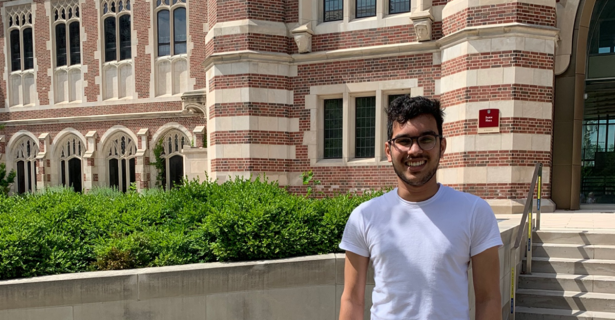This summer, I have the opportunity of working with Professor John A. List, the Kenneth C. Griffin Distinguished Service Professor in Economics at the University of Chicago, as part of his research team.
Professor List is renowned for his contribution to the utilization of field experiments as a research method in economics. In conducting these experiments, there is an implicit assumption that reality tends to diverge from purely theoretical economic models and that these models do not fully accommodate for perhaps the most influential feature of economics – being human. The experimental stream does not make sweeping assumptions about the rationality of actors in economics. Rather it gathers data from experiments set up in a particular way as to isolate a specific variable and study its relationship to another variable. Interpretation of this data subsequently allows us to make more accurate claims about economics, particularly behavioral economics.
As a Research Assistant, I have had the opportunity to work closely with others on Professor List’s research team and have also had several individual interactions with him, while working on several different projects.
Currently, I am working on a project where we are studying whether sending job recommendations leads to a statistically significant rise in the likelihood of being hired. For this project, I have primarily been working on compiling all the data the team has gathered so far and am further working on finding and contacting potential entities that could function as data sources.
I am also working on a project that Professor List jokingly refers to as the “science of sciences”. With a policymaking outlook, this is a project that is attempting to identify best practices for conducting studies such that they can be scaled from tiny labs to cities and states with a better success rate. There exists a distinct gap in the replication and scalability of even the most promising programs. Using a framework that Professor List has developed, I am examining how previous studies fare in terms of their scalability. This primarily includes extensive literature reviews and analysis.
So far, my work as a research assistant has been fascinating because it has introduced me to a new field of economics – experimental economics. I have begun appreciating its underlying influence on the discipline much more since I have come here. Behavioral economics has the potential to completely change the way economics is understood, and how research is conducted. Several questions have subsequently arisen about how I can merge the methods with my own interests following this experience. How can field experiments and behavioral economics be used to further our understanding of macroeconomics? Similar to how economics is aligned closely to psychology in behavioral economics, how can we go further by aligning it even more closely to other social sciences? What role does data play in the world of today? These are some of the questions I hope to explore, as I continue to experiment with experimental economics.

